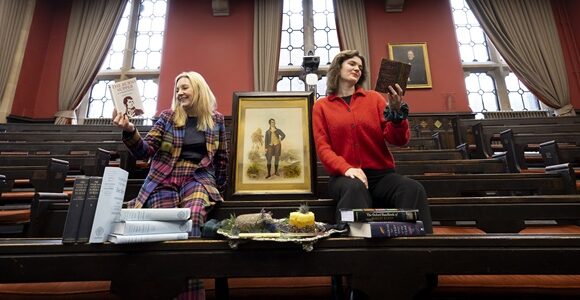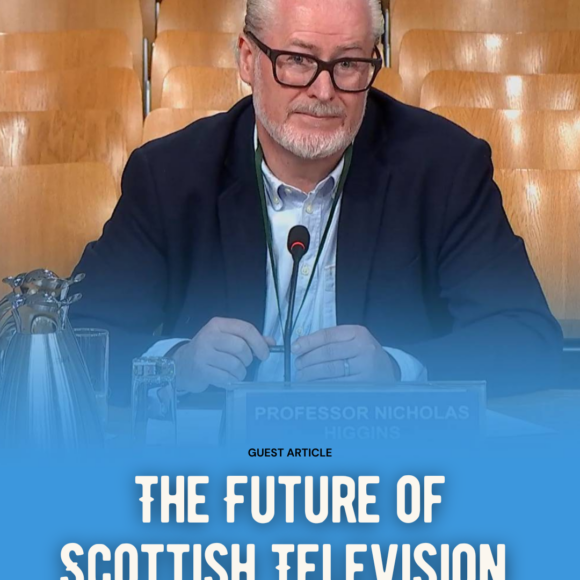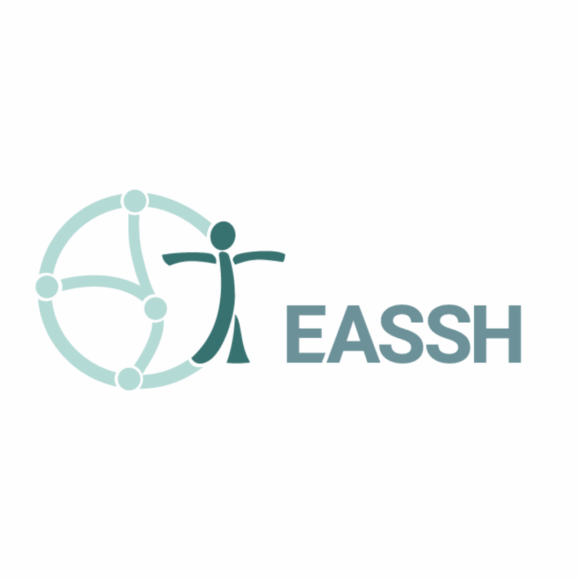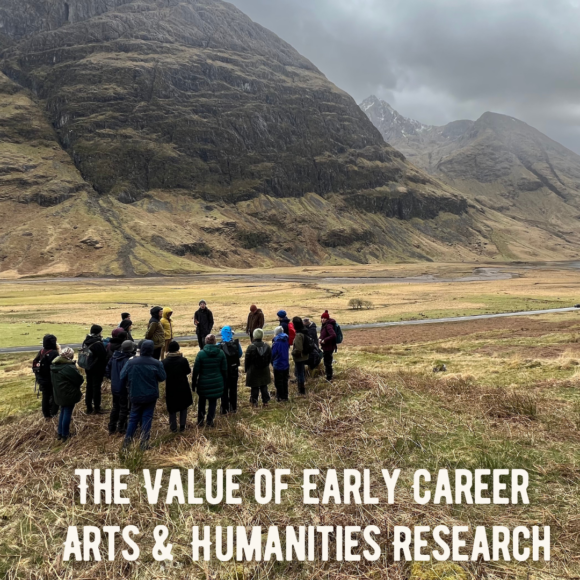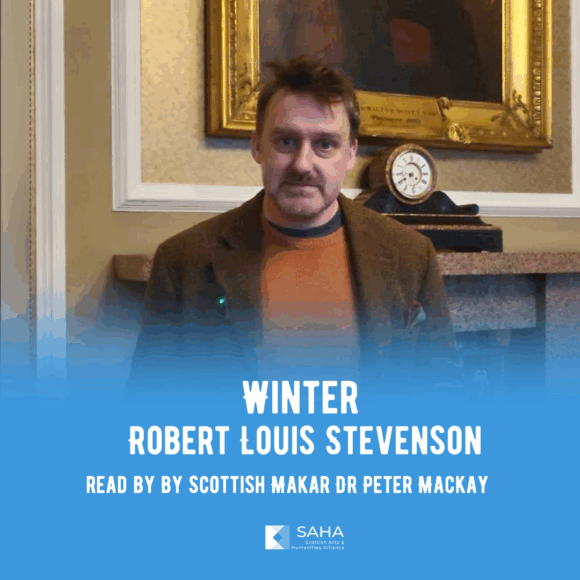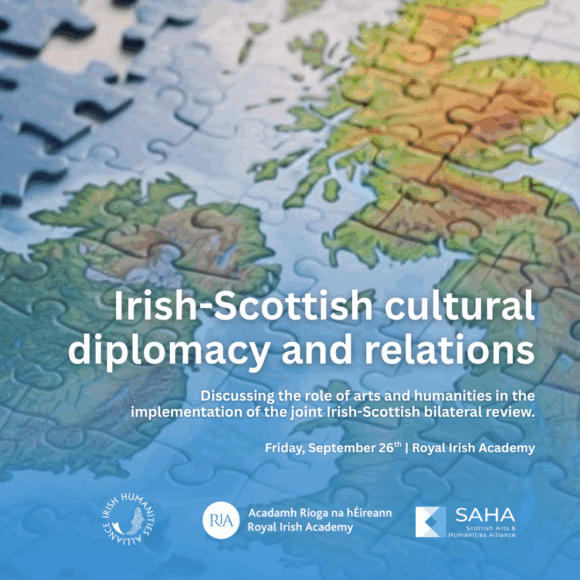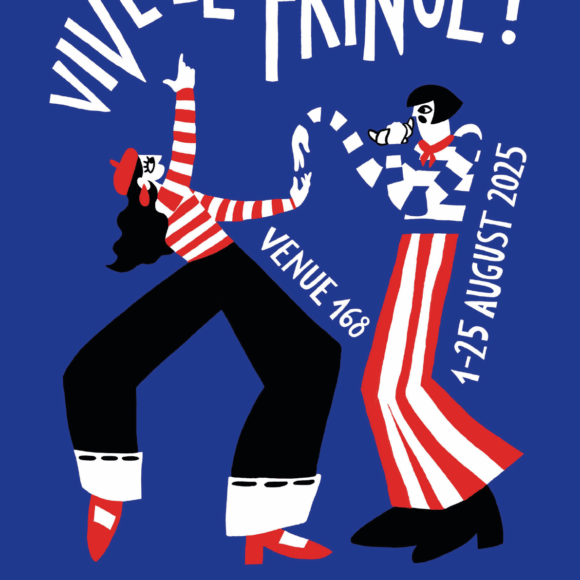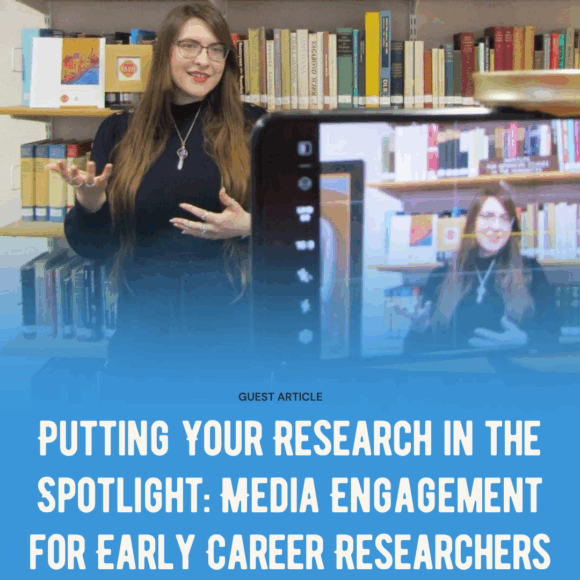Scottish Universities Press (SUP) is a fully open access (OA) publishing press coordinated by the Scottish Confederation of University and Research Libraries (SCURL) and managed by 19 member libraries on a completely not-for-profit basis. We launched with a call for book proposals in 2022 and published our first book in October 2024, with 13 more books in the pipeline.
One of the key drivers for the development of the Press was the changing funder and policy landscape around OA, with UKRI requiring books to be open access from January 2024 and REF from 2029. A shared challenge started to emerge – how can we provide a clear and cost-effective route to open access publishing that will support our researchers with these changes? We recognise that arts and humanities researchers will be particularly affected as monographs are a core output for these disciplines. While OA for journal publishing is now commonplace, publishing OA books with commercial publishers remains complicated and costly. In 2024 Martin Eve, Professor of Literature, Technology and Publishing at Birkbeck, University of London and co-founder of the Open Library of Humanities, stated, ‘We will soon have a world where all science is free to read online, while humanities scholarship lingers in little read and extremely expensive books.’[1] Publishing more arts and humanities content open access has the potential to increase the impact and global visibility of the research produced by our institutions, ensuring access for all regardless of location or ability to pay.
SUP publishes monographs and edited collections on any subject by researchers affiliated to any UK HEI. We offer the full publishing experience to our authors with open communication and transparent processes from rigorous peer review through to high quality production and promotion. Authors retain the rights to their work, can still earn royalties and receive regular usage data.
Digital books are free to download with Creative Commons licences in PDF and EPUB formats and are discoverable via a wide range of online platforms such as the OAPEN Library, JSTOR and Project Muse. Books are preserved for the future though the CLOCKSS archive. Print books are also available to purchase via major booksellers, including Waterstones and Amazon.
Our first book, Conversations with Tim Ingold: Anthropology, education and life 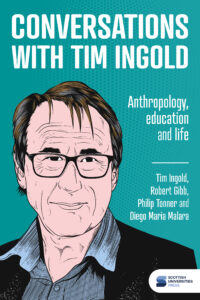 by Tim Ingold, Robert Gibb, Philip Tonner and Diego Maria Malara, offers a comprehensive and accessible account of the work of Tim Ingold, one of the leading anthropologists of our time. Presented as a series of interviews conducted by three anthropologists from the University of Glasgow, the book explores Ingold’s key contributions to anthropology and other disciplines, including art and architecture.
by Tim Ingold, Robert Gibb, Philip Tonner and Diego Maria Malara, offers a comprehensive and accessible account of the work of Tim Ingold, one of the leading anthropologists of our time. Presented as a series of interviews conducted by three anthropologists from the University of Glasgow, the book explores Ingold’s key contributions to anthropology and other disciplines, including art and architecture.
The next book in our pipeline is Digital editing and publishing in the twenty-first century
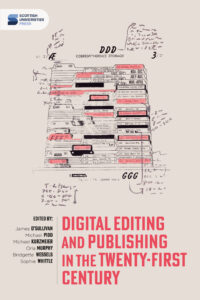 edited by James O’Sullivan, Michael Pidd, Bridgette Wessels, Órla Murphy, Michael Kurzmeier and Sophie Whittle. This edited collection offers a range of perspectives on the current state and future of digital editing and publishing, engaging with timely and important topics which are often neglected, including queer approaches to editing, accessibility, the age of artificial intelligence, and the data edition. It publishes in February 2025.
edited by James O’Sullivan, Michael Pidd, Bridgette Wessels, Órla Murphy, Michael Kurzmeier and Sophie Whittle. This edited collection offers a range of perspectives on the current state and future of digital editing and publishing, engaging with timely and important topics which are often neglected, including queer approaches to editing, accessibility, the age of artificial intelligence, and the data edition. It publishes in February 2025.
Our plans for 2025 include an expansion to publish textbooks and to start scoping an offer for publishing journals. We are also looking at how we can support Early Career Researchers (ECRs), continue to work with Scottish Graduate School for Arts and Humanities (SGSAH), as well as looking at work placements for students at member institutions.
Professor Rhona Brown, Chair of the SUP Editorial Board, said, ‘The Humanities are going through a difficult period, with cuts and redundancies across several institutions. Humanities subjects help us not just to understand our past, but our present too, and they are crucial in any school or university curriculum. Open Access allows scholars to disseminate their work without paywalls and other barriers. At the moment and always, the more reliable research that is out there and freely available, the better.’
We are very interested in hearing from researchers on how we can improve our offer, particularly for arts and humanities researchers. So far, the balance of book proposals received has tipped heavily towards the social sciences and we are keen to see more proposals from arts and humanities disciplines coming through. Some member libraries are also covering the costs of publishing with SUP for authors without any external funding.
If you would like to learn more about publishing with SUP then please visit our website or get in touch via email. We are committed to exploring alternative approaches to publishing that have the needs of the academic community at the core.
This article was written by Dominique Walker, the Publishing Officer for the Scottish Universities Press (SUP). Her role is hosted by Library Academic and Cultural Services at the University of Dundee. Prior to this role Dominique worked at the University of Glasgow Library for over 10 years, in the Acquisitions and Access department, focusing on electronic resources, reading lists and open access agreements.
[1] Martin Paul Eve, “On dropping the REF OA mandate for books (this time)”, https://eve.gd, August 15, 2024, https://doi.org/10.59348/8b50z-agm52.
